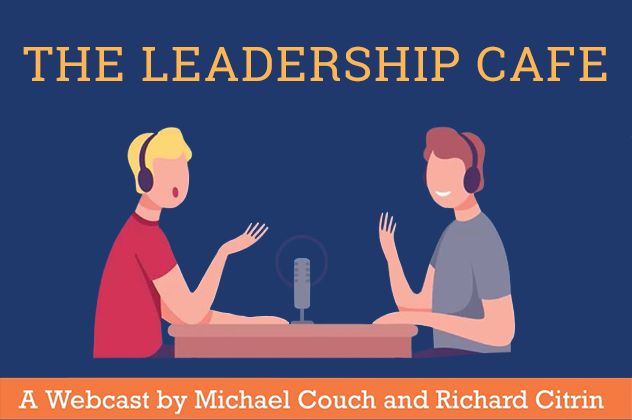I was facilitating a leadership workshop at a technology company this past week and the team got into a discussion about how they “do not have time” to meet with any other leaders in Pittsburgh’s increasingly impressive tech landscape. They agreed that from a strategic perspective it would benefit them to know more people at Google, Uber, and Carnegie Mellon but their work schedules prohibited such activities.
I reached a bit of a frustration point as I saw that several of them seem to beat up on themselves when they concluded that there must be something wrong if they couldn’t do everything that was on their plate (and potential plates).
As I discuss in The Resilience Advantage, time, like gravity, is a physical imperative that you don’t manage but instead are managed by it. I suggested that they may want to consider stop feeling bad about not having enough time and begin recognizing that their priorities, at this time, are not focused on building relationships with others and that that is perfectly fine. If individually or as a team they decide that this project idea rises in importance, then they could determine how to delegate or offload existing activities to make time for it.
Determining priorities and making time for ourselves is always challenging. Regardless, it is not necessary to consider ourselves ineffective because we aren’t able to do everything. How we actually spend our time is our determinant of prioritization and evaluating how we choose to do that is an exercise that is worth refining.
© Richard Citrin, All rights reserved, 2017
]]>